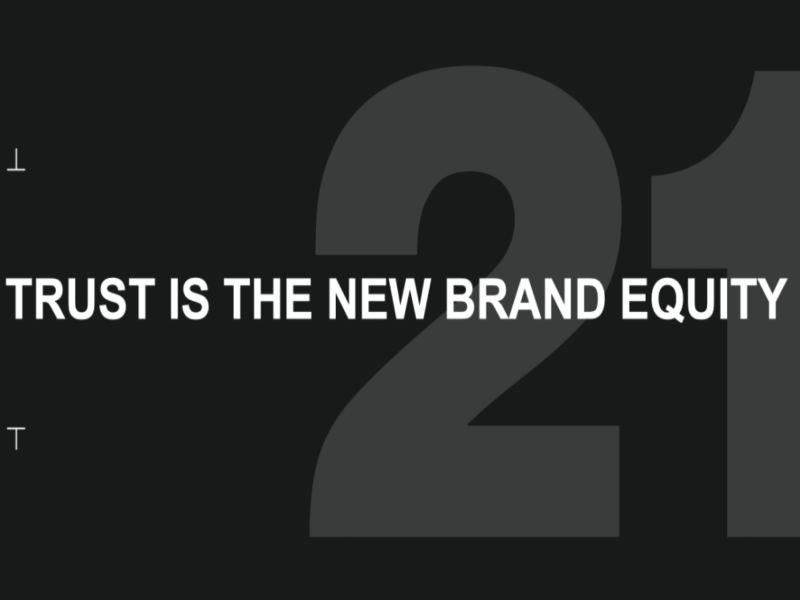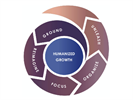Diana Marszalek 23 Jun 2021 // 12:01PM GMT

NEW YORK — Consumers are coming out of the Covid pandemic with more symbiotic relationships with brands, so much so that they are willing to go to bat for companies they see as partners in advancing the larger good.
Yet, according to the latest Edelman Trust Barometer study, it is more difficult for brands to get that kind of buy in from customers than it was just five years ago, when companies’ relevance was tied primarily to their cultural significance.
Today, brands are expected to advance purpose and society as well as culture, all of which play a role in building consumers’ trust. And that trust, the study found, is of paramount importance in brands winning — and keeping — customers, with consumers (88%) more likely to buy a brand they trust than one they love (81%).
“We’re coming out of the pandemic in most markets and people’s values have changed,” said CEO Richard Edelman. “It’s more ‘we’ than ‘me.’”
The survey of 14,000 respondents in 14 countries (Brazil, Canada, China, France, Germany, India, Japan, Mexico, Saudi Arabia, South Africa, South Korea, UAE, UK, and US) found that trust in brands is more important than it was in the past for 68% of consumers.
That is in keeping with trust being more important with all aspects of respondents’ lives, as well as consumers’ awareness of brands’ impact on the environment and economic recovery, role in keeping people safe during the pandemic and involvement in societal problems, the survey found.
In addition, 63% of respondents are more attracted to brands focused on making the world a better place. Reflecting societal values, meeting a societal need, and changing social interactions for the better are the top three factors influencing brand relevance.
And consumers are no longer willing to let brands call all the shots.
63% of consumers believe they can force a brand to change almost anything about itself. 78% believe that their influence extends beyond the consumer experience to a business’s operations, including insuring materials are environmentally friendly (39%); getting its CEO to speak out on an important societal issue (27%); and getting rid of its CEO if they disapprove of his or her actions (25%).
All of which points to new expectations for brands.For instance, 86% of respondents said they expect brands to take one or more actions pertaining to issues beyond their businesses such as donating money to causes, supporting communities and creating positive change in society.
There also is increased pressure on brands to speak out. When there’s a major news event, 54% of respondents expect brands to issue a public statement within three days, and 51% believe CEOs should speak out, also within three days.
In turn, people will act on behalf of brands they fully trust including advocating for them on social media (61%); buying new products or paying higher prices (57%); remaining loyal even when things go wrong (43%); and participating in activities or causes it sponsors (31%).
“This is a terrific opportunity for brands,” said Jackie Cooper, Edelman’s chief brand officer. “There is money to be made, there is loyalty to be achieved and there is advocacy to be engaged with.”
Richard Edelman said that while Covid influenced consumers’ mindsets he expects many of the shifts in their actions and expectations will be long lasting.
“Brands were the saviors during the pandemic. I don’t think that continues,” he said. “But brands being partners in changing society? Yes.”


































.jpg)


















